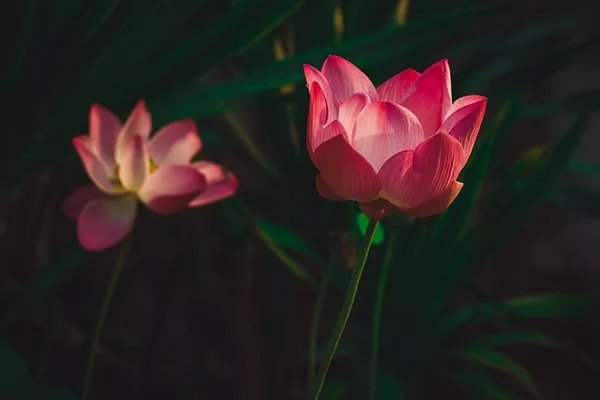The lotus flower, with its delicate petals emerging from muddy waters, holds profound symbolism across various cultures worldwide. Revered for its beauty, resilience, and spiritual significance, the lotus transcends geographical boundaries and speaks to the human spirit on a universal level. From ancient Eastern philosophies to modern Western interpretations, the lotus remains a timeless emblem of purity, enlightenment, and personal growth.
Lotus Flower and its Presence in Various Cultures
The lotus, scientifically known as Nelumbo nucifera, is an aquatic plant native to Asia and Australia, but its symbolism extends far beyond its place of origin. It has been cultivated for millennia for its ornamental beauty and medicinal properties. In cultures across Asia, Africa, and beyond, the lotus holds deep cultural and religious significance, often representing purity, enlightenment, and rebirth.
Meaning in Eastern Cultures
1. Buddhism: Central to Buddhist teachings is the metaphor of the lotus flower. Just as the lotus rises from murky waters to blossom in pristine beauty, so too can humans transcend the suffering of the world to attain enlightenment. The lotus symbolizes purity of mind, detachment from worldly desires, and the potential for spiritual awakening.
2. Hinduism: In Hindu mythology, the lotus holds multiple layers of symbolism. It is associated with divine beauty, fertility, and prosperity, often depicted in the hands of deities such as Lakshmi, the goddess of wealth and fortune. Additionally, the lotus represents spiritual enlightenment and the unfolding of one’s inner potential, mirroring the journey of the soul toward self-realization.
3. Other Asian Cultures: Beyond Buddhism and Hinduism, the lotus holds significance in various other Asian cultures. In China and Japan, it is a symbol of purity, grace, and transcendence. In Vietnam, the lotus symbolizes innocence, modesty, and the resilience of the Vietnamese people. Each culture imbues the lotus with its own unique interpretations and associations, adding to the richness of its symbolism.
Meaning in Western Cultures
While the lotus is deeply rooted in Eastern spirituality, its symbolism has also found resonance in Western cultures, albeit with slightly different connotations.
1. Resilience: In Western contexts, the lotus often symbolizes resilience and the ability to overcome adversity. Like the lotus rising from muddy waters to bloom in pristine beauty, individuals are encouraged to persevere through life’s challenges and emerge stronger and wiser.
2. Personal Growth: The lotus’s journey from seed to flower mirrors the process of personal growth and transformation. Just as the lotus emerges from the darkness of the pond to bask in the sunlight, individuals can overcome obstacles and realize their full potential.
The Lotus Flower in Art and Literature
Throughout history, artists and writers have drawn inspiration from the lotus flower, incorporating its imagery into their works to convey deeper meanings and themes.
1. Art: From ancient Egyptian hieroglyphs to contemporary paintings, the lotus has been a recurring motif in art across cultures. Its graceful form and vibrant colors make it a favorite subject among artists, who use it to symbolize purity, enlightenment, and the beauty of nature.
2. Literature: In literature, the lotus often serves as a powerful metaphor for spiritual enlightenment and personal growth. Writers use its symbolism to explore themes of rebirth, transformation, and the quest for meaning in life. Whether in ancient Sanskrit texts or modern novels, the lotus continues to captivate readers with its timeless allure.
The Lotus Flower in Modern Times
In today’s world, the lotus flower remains a potent symbol, finding expression in various aspects of contemporary culture.
1. Tattoos: Many people choose to ink themselves with lotus tattoos as a reminder of their spiritual journey or personal growth. The lotus’s ability to rise above adversity resonates with individuals seeking strength and resilience in their lives.
2. Logos and Design: The lotus is also a popular motif in branding and design, representing purity, elegance, and spiritual enlightenment. Companies often use the lotus in their logos to convey a sense of grace and sophistication, while interior designers incorporate lotus imagery into home décor to create tranquil and harmonious spaces.
Conclusion
In conclusion, the lotus flower’s symbolic significance transcends cultural boundaries, speaking to the universal themes of purity, enlightenment, and personal growth. Whether in the ancient scriptures of the East or the contemporary art of the West, the lotus continues to inspire and uplift humanity with its timeless beauty and profound wisdom. As we navigate the complexities of life, may we draw strength from the lotus’s example, rising above the muddiness of our circumstances to blossom in the light of our true potential.


